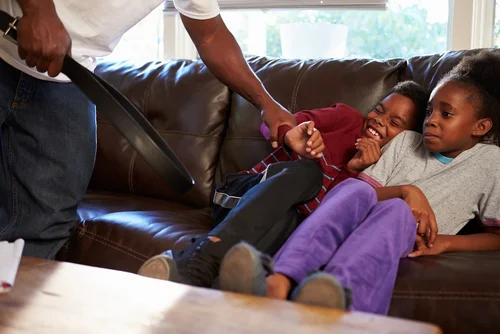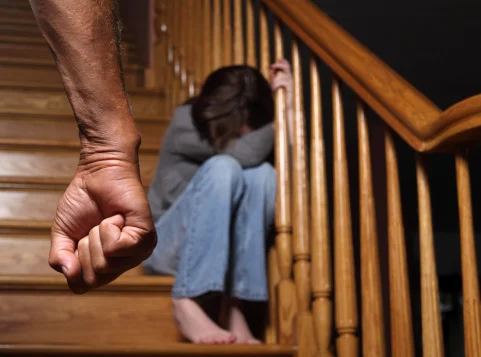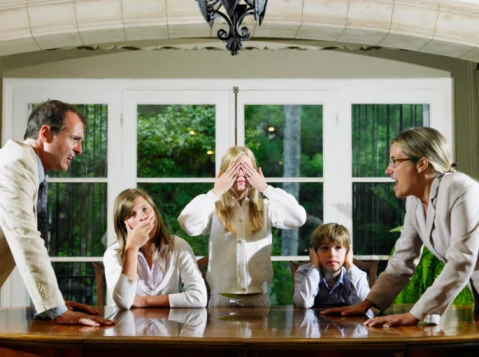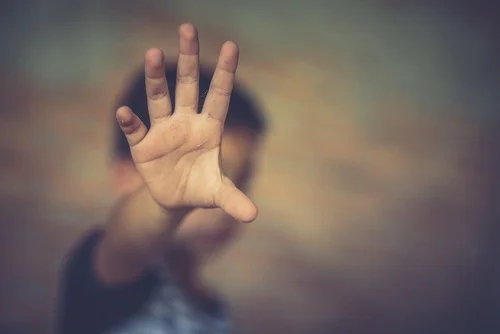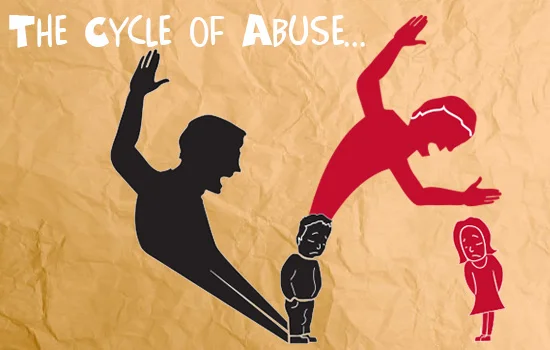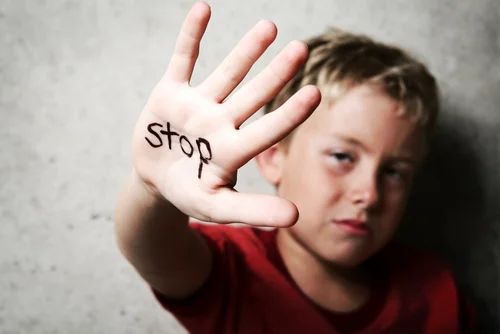+1 845 259 2974 (11 a.m to 7 p.m CST)
Are siblings of special kids victims of parental neglect?
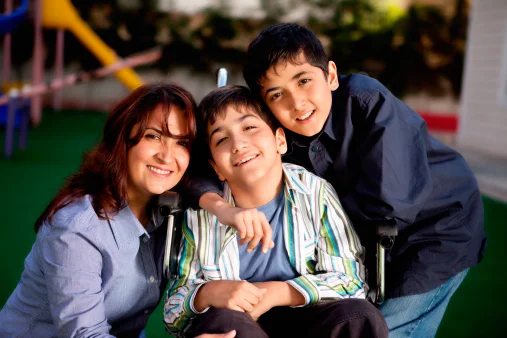
One out of every 10 children under the age of 14 has some type of special need, which includes any physical, cognitive, or medical disability, or chronic or life-threatening illness. A survey by the US Department of Education suggests that about 6 million children receive special education in America. One out of every 10 children under the age of 14 has some type of special need, which includes any physical, cognitive, or medical disability, or chronic or life-threatening illness. Raising a special needs child is both a blessing and a challenge. Blessing because you don’t know the depths of victory and joy till you see your child overcome the challenges he is being faced with. But through this process we, as parents of a child with special needs, forget that our other kids also have their own needs.
Siblings of a child with special needs
We need to understand that the siblings of children with disabilities have special needs too. They sacrifice a lot for their brother or sister and need to be appreciated for that. A big chunk of family time, attention and finances goes to the sibling with special needs. Sometimes we take it for granted that our non-disabled children are going to adjust themselves with the disabled ones without our intervention. It is important that the non-disabled child has a healthy reaction to his or her disabled sibling. This might affect the self-esteem of both the children if one of them does not adjust properly to the environment around him.
What do they need?
Sandra L Harris and Beth A Glasberg stress in their book named ‘Children with Autism: A Family guide’ stress that parents ought to make sure that the rest of the kids of the family know about the health issues of the child with a disability and illness. If parents do not provide their kids with accurate information they will create their own explanations or worry that they have harmed the sibling in some way.
Parents should remain calm when talking to their kids about the disabled sibling. Other kids also need their parents’ care and attention. Parents should allow them to grieve about the disabled sibling and they need to be consoled. When kids are not given an opportunity to express their feelings, they will hesitate to talk about their brother or sister to anyone in the future.
Research also suggests that every child of the family needs to have separate time with each of the parents. This could be as simple as a baseball game with dad or a bedtime chat with mom. Kids who do not get enough attention from their parents during their developing years might have disciplinary problems when they grow up. They crave attention and they think acting out is the easiest way to get noticed.
Helping them fit in
Kids near adolescent rely more on their peers’ opinions rather than their family’s. When a disabled brother or sister is born, they will feel vulnerable and fear discussing their sibling with their friends. Parents must help them fit in their friends circle and face the comments or questions they ask.

